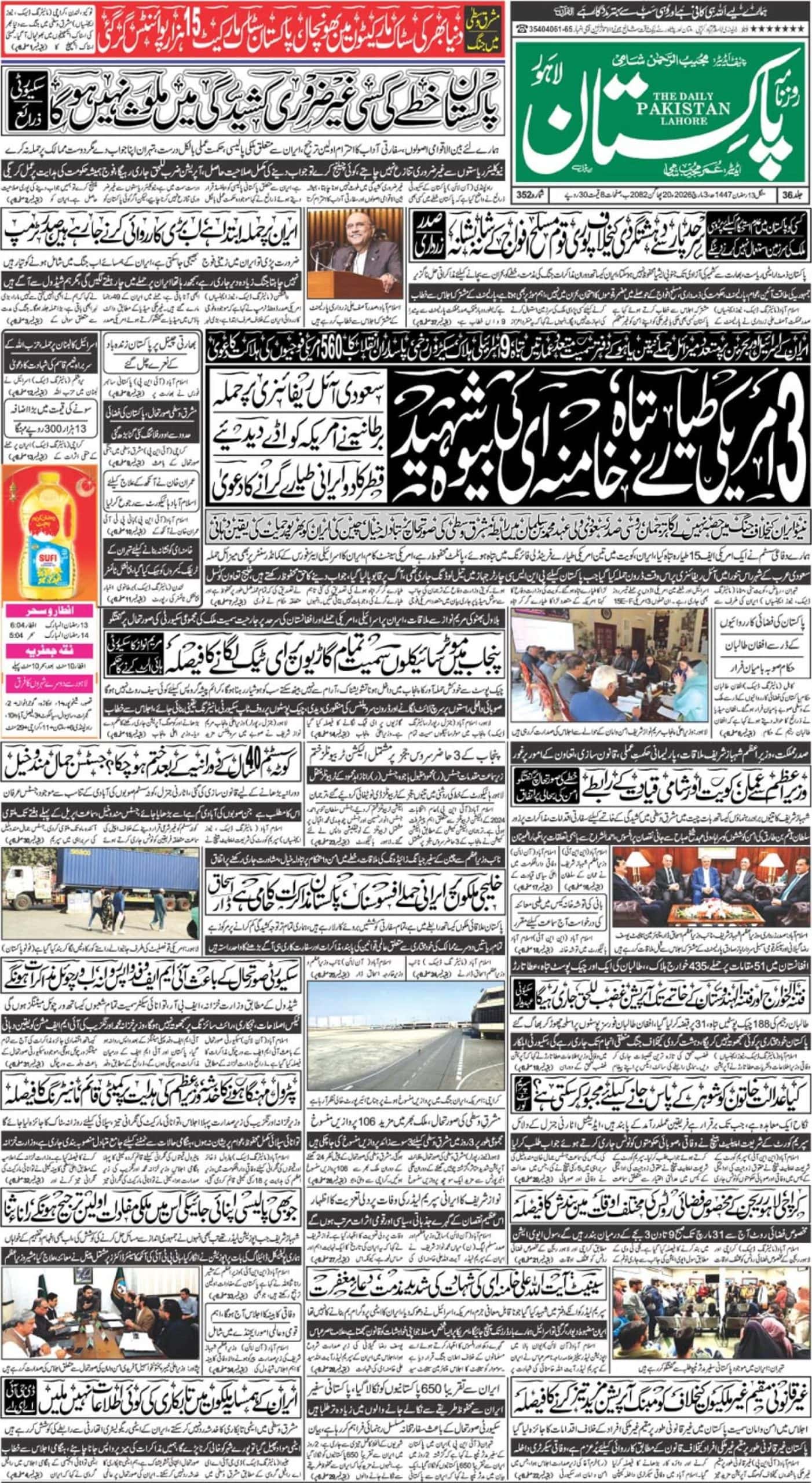ISLAMABAD—Pakistan’s economy faces multiple issues, such as depleted reserves, an unstable balance of payments, and high inflation. To address these challenges, experts and anti-tobacco activists have suggested increasing tobacco taxation to boost the economy.
The Society for the Protection of Rights of the Child (SPARC) welcomed Muhammad Aurangzeb’s appointment as the country’s new finance minister. It urged him to consider tobacco taxation as a potential solution. The organization believes that this measure could improve the economy and advance the nation’s health agenda.
SPARC shares the concerns of health activists who advocate for higher taxes on cigarettes instead of utilities. This approach aligns with public health goals and also addresses broader economic implications associated with tobacco use, the organization said.
According to Rabia Syed, Director of IBC, Pakistan can generate an additional Rs 17 billion in revenue through a 26% increase in cigarette taxes. This proposal aims to address immediate fiscal pressures and aligns with public health objectives by discouraging tobacco consumption as outlined by the WHO. Pakistan is one of the top tobacco-consuming countries, standing at the 7th position globally and 1st in the WHO Eastern Mediterranean Region (EMR) in terms of the number of tobacco product users.
Malik Imran Ahmad, the country head of Campaign for Tobacco-Free Kids (CTFK), appealed to the newly appointed finance minister, Muhammad Aurangzeb, to recognize the significant challenge posed by tobacco consumption in Pakistan. With approximately 31.9 million adults consuming tobacco, accounting for 19.7% of the adult population, the impact on public health and the economy cannot be overstated, Ahmad said.
Ahmad emphasized the burden placed on healthcare resources to treat smoking-induced non-communicable diseases, underscoring the urgent need for measures such as increased tobacco taxation to mitigate the economic strain and protect public health. Dr. Khalil Ahmad, program manager at SPARC, highlighted the affordability of cigarettes as a driving factor behind youth initiation into smoking, further emphasizing the economic costs associated with smoking-related illnesses and deaths.














